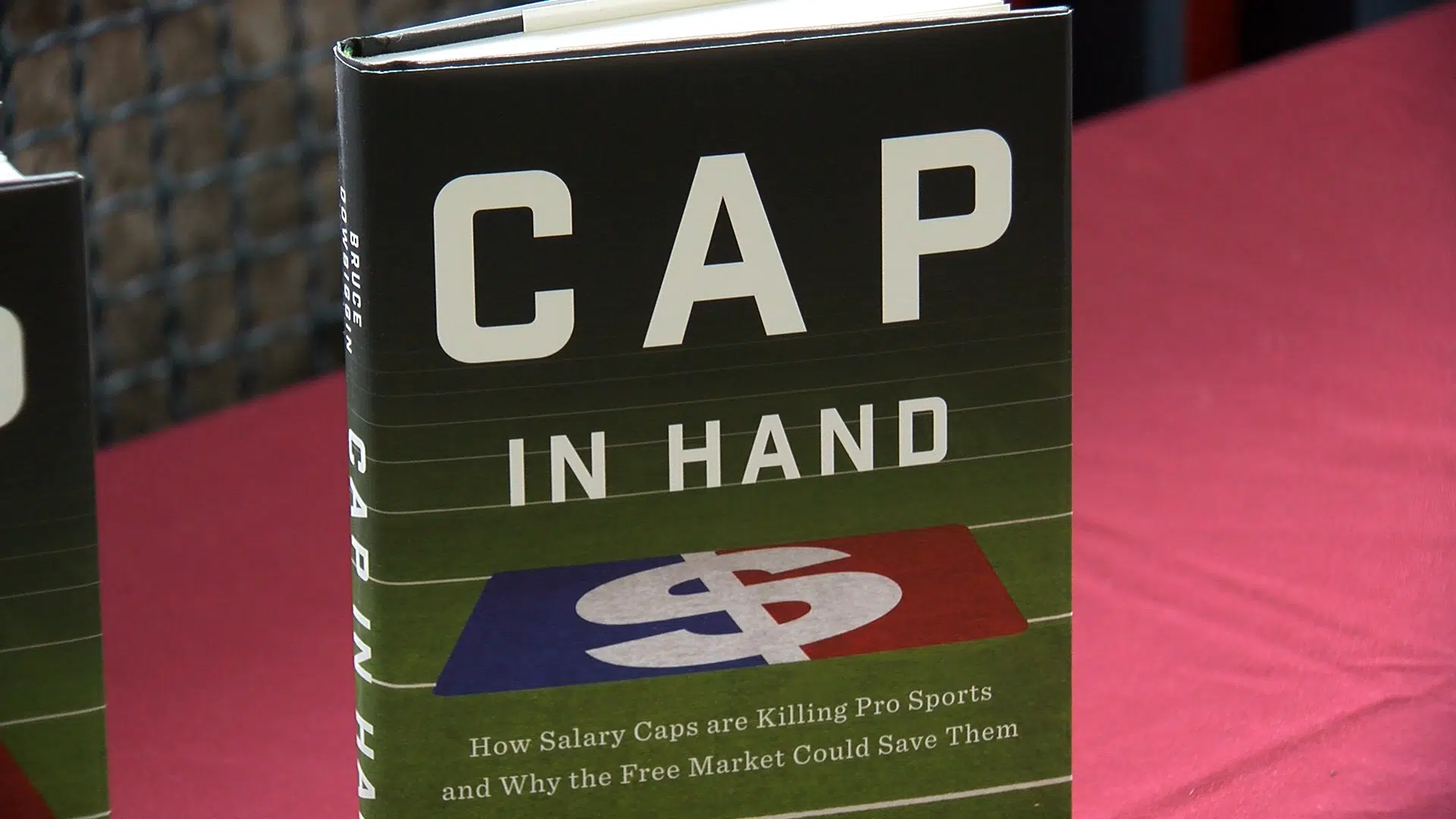
TRU law professor argues salary caps in sports should be scrapped in new book
KAMLOOPS — Professional sports and the salary cap have become synonymous with each other in the last 25 years.
The NFL was the first to implement a salary cap in 1994. An argument over a salary cap in the NHL, pushed by the owners and Commissioner Gary Bettman, lead to a stalmate in the collective bargaining agreement and eventually to the cancellation of the 2005-2006 season.
TRU law professor Ryan Gauthier, who is the co-author of a new book Cap In Hand, says parity hasn’t been fully achieved with the salary cap implemented in the major sports leagues and should be scrapped.
“With all the salary caps, with all the restrictions on free agency, with all the ways to keep players tied to their teams forever, all in the name of parity, do we even achieve the goal we want? The answer is no,” said Gauthier, who’s a law professor at Thompson Rivers University.


